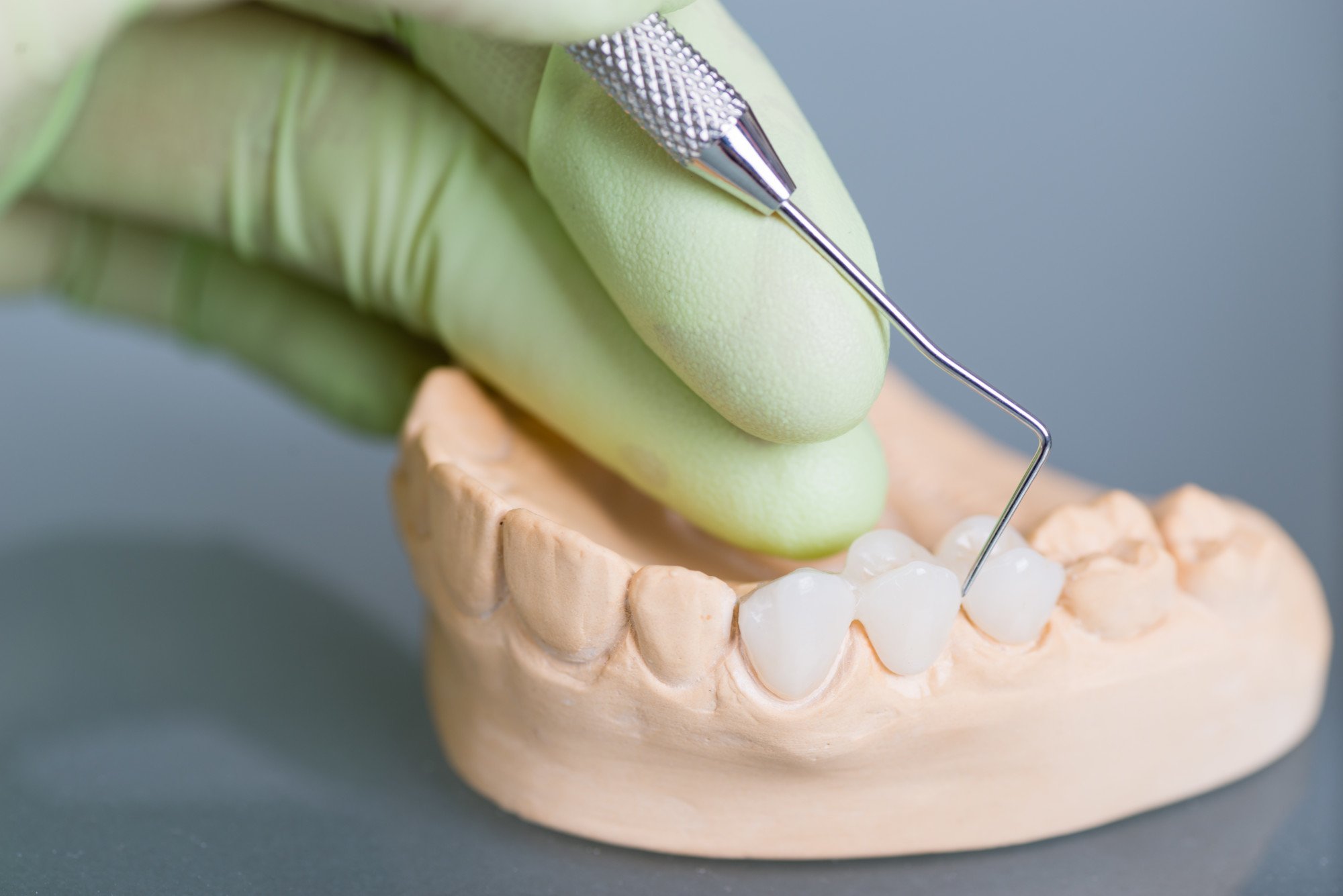
Recent research suggests that there is a significant link between drug addiction and adverse childhood experiences. In other words, if you’re currently struggling with substance dependence, you are more likely to have experienced abuse, trauma, or insecurity during your formative years. This can make it more difficult to find a rehab facility that meets your needs.
That’s why many individuals feel more comfortable pursuing help at a drug rehab for women. A women’s only rehab is often more supportive than a co-ed facility, offering unique, tailored support and meeting the needs of women with and without a history of trauma.
If you’re seeking sobriety, how do you choose the best drug rehab for your needs?
We’ve created this guide to offer women struggling with addiction our top six questions to ask while choosing a place to recover. Continue reading to learn how to choose a rehab facility and start your recovery journey in a safe, supportive environment.
1. Is the Facility Co-Ed?
Before you commit to a rehab facility, ask the admissions associates if you’re entering a women-only program or a women-only facility. In a women-only facility, the only men on the premises will be part of the treatment staff, including counselors, facilitators, and medical staff. In contrast, a women-only program might put you in a process group or residential situation with women, but male patients may be present.
If it’s a matter of personal safety and security, choosing a program where you do not regularly need to interact with men in recovery is entirely valid. Even recreational activities and holistic therapies can feel vulnerable during the recovery process. Choose the facility that makes achieving sobriety easier, not harder.
2. Who Will Your Therapist Be?
In some cases, you might feel more comfortable addressing your therapeutic needs with a female mental health professional. When choosing a facility, ask about the makeup of the therapeutic staff.
Do they employ therapists of all genders? If so, can the facility match you with a female counselor? What is the protocol for expressing that preference, and what are the odds they will honor it?
You might also want to ask about who facilitates group therapy or process groups, especially at a womens residential drug rehab. It can help you achieve peace of mind as you prepare to enter treatment.
3. Do They Address Dual Diagnoses?
It can be more challenging for women to attend inpatient rehab than men. They are more likely to have responsibilities at home, including caregiving and child-rearing demands. Thus, when you get the opportunity to step away from the grind of your daily life, you want to ensure the facility can meet all of your needs.
If you have comorbidities or carry a dual diagnosis such as depression or anxiety, ensure the facility you choose can manage both. Often, mental illness is an underlying cause of addiction. Many facilities offer mental health support in addition to sobriety and detox support.
For example, women are far more likely to experience clinically significant eating disorders than men. Up to 75% of women have reported having an experience of disordered eating in their lifetime. Does your women’s rehab facility offer support for this common diagnosis?
Choose the program that meets all of your needs so you can emerge feeling your best. Going to rehab only works if your treatment plan is sustainable.
4. Do They Help With Aftercare?
Attending a rehab facility can be a transcendent experience, where the source of your stress and temptation feels very far away. The problem is that, upon finishing the program, you must immediately return to your life, where you’ll face all of those things head-on. Before committing to a facility, ask about transitional programming and aftercare support so you don’t find yourself out to sea without a lifeboat.
Often, facilities allow recent inpatients to transition to their PHP or outpatient programming. You may be able to attend support groups or education groups several times each week. Some facilities might even allow you to continue seeing your individual therapist.
Other facilities have a counselor on staff whose job is solely to help place women into the appropriate follow-up program. They may be able to help connect you with a local support group, 12-step group, or counselor. In an ideal situation, you’ll have a comprehensive plan in your hands before you walk out the door.
5. Can You Afford It?
Pay parity is still a significant problem in our country, and many populations, such as single mothers, are more likely to struggle to afford treatment. First, find out if the facility you’re interested in accepts your insurance. Ensure you understand how much your insurance will pay and how much you’ll owe out of pocket.
If inpatient treatment is out of your price range, consider looking into a Partial Hospitalization Program or Intensive Outpatient Program. These full-time programs offer comprehensive support without the need for residential lodging. It can save you a lot of money, and your insurance is more likely to cover these programs.
6. How Do They Handle Families?
As discussed, women are more likely to enter rehab with caregiving responsibilities than men. Find out how your program handles visits, family emergencies, and phone calls. Will you be able to see your children during your stay?
Furthermore, many programs offer family therapy during the recovery process. This can be a deciding factor for many women. Find out how much the mental health staff expects you to interact with loved ones during the treatment process.
The Benefits of Drug Rehab for Women
Recovery is an incredibly vulnerable and intimate experience. The individuals in your process group will learn things about you that you might not wish to share with anyone else. When you attend a drug rehab for women, you’ll feel safe expressing yourself in front of a population that understands your unique struggles with motherhood, assault, violence, body image, or misogyny.
Sobriety is only the beginning of your journey. Browse the rest of the blog for more lifestyle tips that can help you recover, reclaim your story, and thrive.





